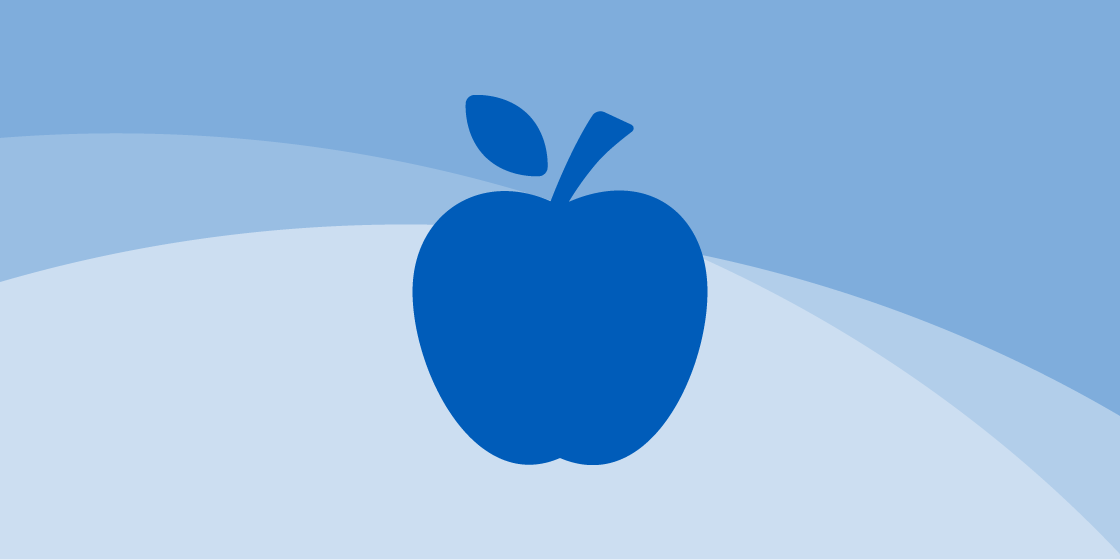
November 6, 2017 | By: Family to Family Network
Categories: Education & Schools
Your child’s success begins with a good Individual Education Program (IEP), but there are additional sources of information that can help a new teacher get to know your child and their learning needs.
A teacher who has worked with your child over the past school year may have discovered strategies and supports that have been successful but which may not be noted in the IEP. Knowing what works for your child—and what doesn’t—can be a valuable source of information for your child’s new teacher.
At the end of the school year, we suggest that parents sit down with the teacher and ask about their experiences and what they have learned about your child’s learning style. This simple list of questions can help you document this information to share with the next year’s teacher and others who will work with your child in the future.
Questions for Your Child's Teacher
I know that you have done an excellent job this year with (child’s name). What important information do you know now that you learned over the year and would tell next year’s teacher, or want someone else to know?
You can include these Q&A’s in a Student Introduction Portfolio. This guide from Texas Project First offers good tips on designing a portfolio to help the new teacher to learn more about your child beyond what is in the IEP. Summer is a great time to create or update your child’s portfolio. Be sure to use lots of pictures!
Try to share this information with the new teacher before the new school year starts. This will help the teacher get to know your child and ease the transition to a new classroom.
Now relax and enjoy the summer knowing you are employing “best practices” to set your child up for success!
Get more information in the Education and Schools section of this site.

I homeschooled my kids for many years. I taught them subjects like math, reading and science, just like in regular schools. But one of my favorite things about homeschooling was teaching them extra stuff that would help them when they grow up.
Categories: Education & Schools, Transition to Adulthood

Finding the correct school setting for our son has been challenging. We were so happy to find an online school that works for him.
Categories: Education & Schools

Help get your child’s education back on track when someone overlooks their potential.
Categories: Family Support, Education & Schools